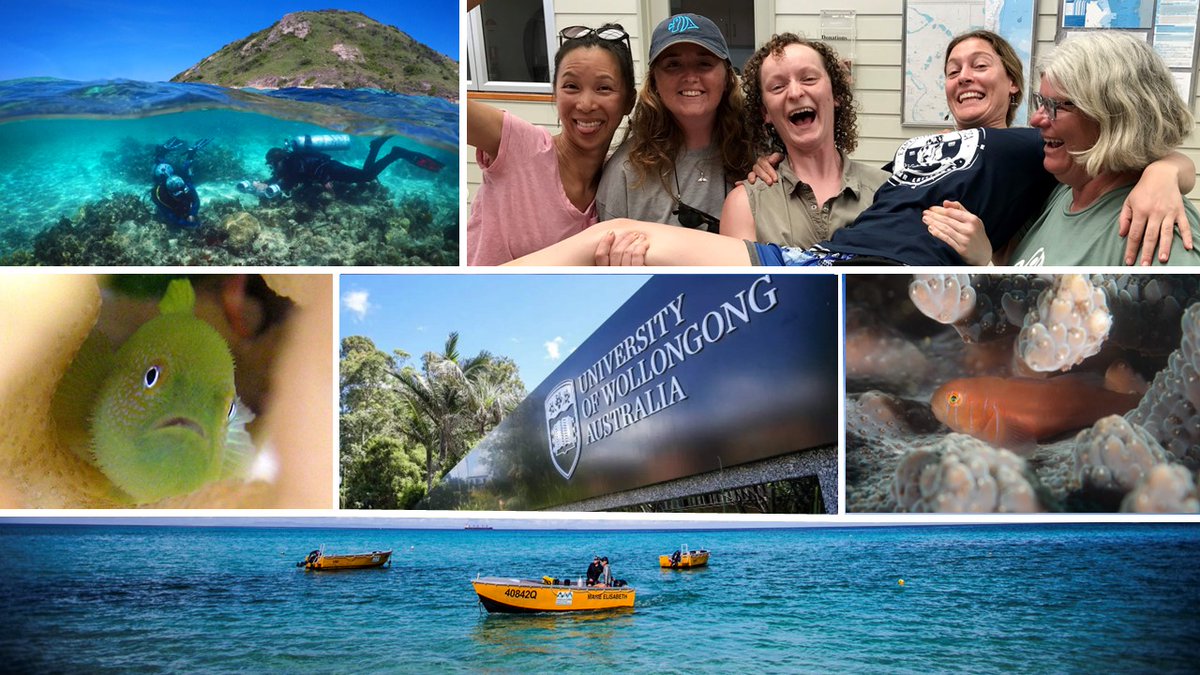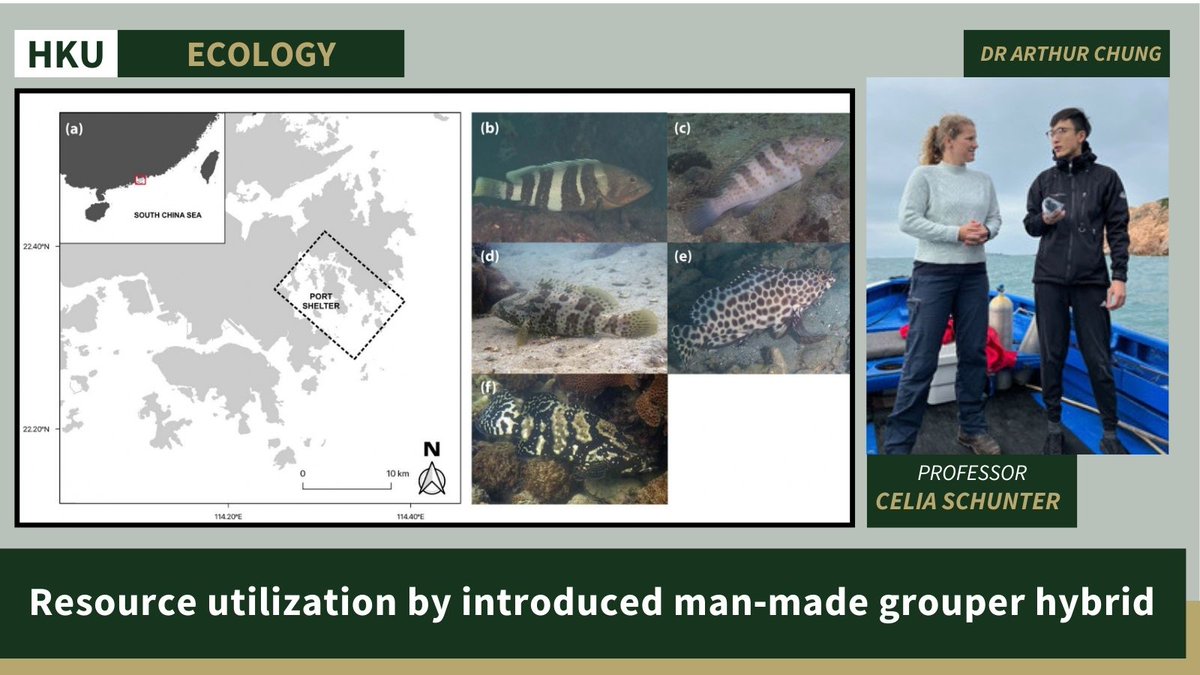
Celia Schunter
@celiaschunter
Molecular Ecologist, fascinated by the marine world, the brain and behaviour. @SWIMSHKU
ID: 3153323618
https://www.schunterlab.com/ 13-04-2015 19:00:55
939 Tweet
749 Followers
481 Following
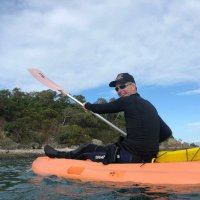
Our new analysis of some of the biggest methodology issues with #marine #heatwave experiments, and some suggested improvements! HKU_Science The Swire Institute of Marine Science (SWIMS) HKU HKU School of Biological Sciences

I am thrilled to take the helm of The Swire Institute of Marine Science (SWIMS) HKU and build upon the legacy of Prof. Gray Williams in elevating Hong Kong’s premier marine institution. With the support of The University of Hong Kong and the Swire Trust - we will achieve even greater heights in marine conservation and innovation.


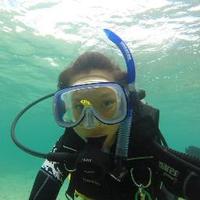

New paper led by Marcus Michelangeli investigating the impacts of pharmaceutical pollution on freshwater community structure and recovery from environmental disturbances. pubs.acs.org/doi/full/10.10… #BobWongLab School of Biological Sciences, Monash SLU Wild Research


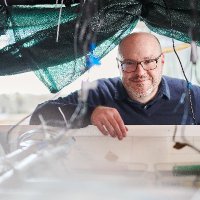
We have a PhD in my group going on freshwater algae and their responses to CO2 and acidification. Feel free to circulate! Co supervised by Nathan Kenny and Prof Susie Wood findaphd.com/phds/project/h…

The third chapter of PhD thesis is out in PeerJ Publishing ! Julie Semmelhack, Celia Schunter and I found that parental warming conditions altered the timing and duration of the brain activity response to an alarming cue in larval zebrafish. peerj.com/articles/18241/
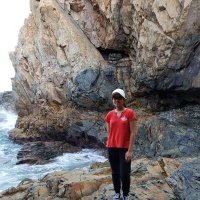
New in Communications Biology [rdcu.be/d0CO7] with Celia Schunter Ravasi's Lab et al. on how variability in parental environment and behavioural tolerance shapes acclimation to ocean acidification in a coral reef fish! #transcriptomics #oceanacidification #climatechange 🐠🪸

Direct exposure to #chemical #pollutants can cause #transcriptional alteration on the brain of marine fish, but also sex specific #transgenerational effects are seen up to the third generation. Check it out on my first published PhD chapter! Celia Schunter sciencedirect.com/science/articl…
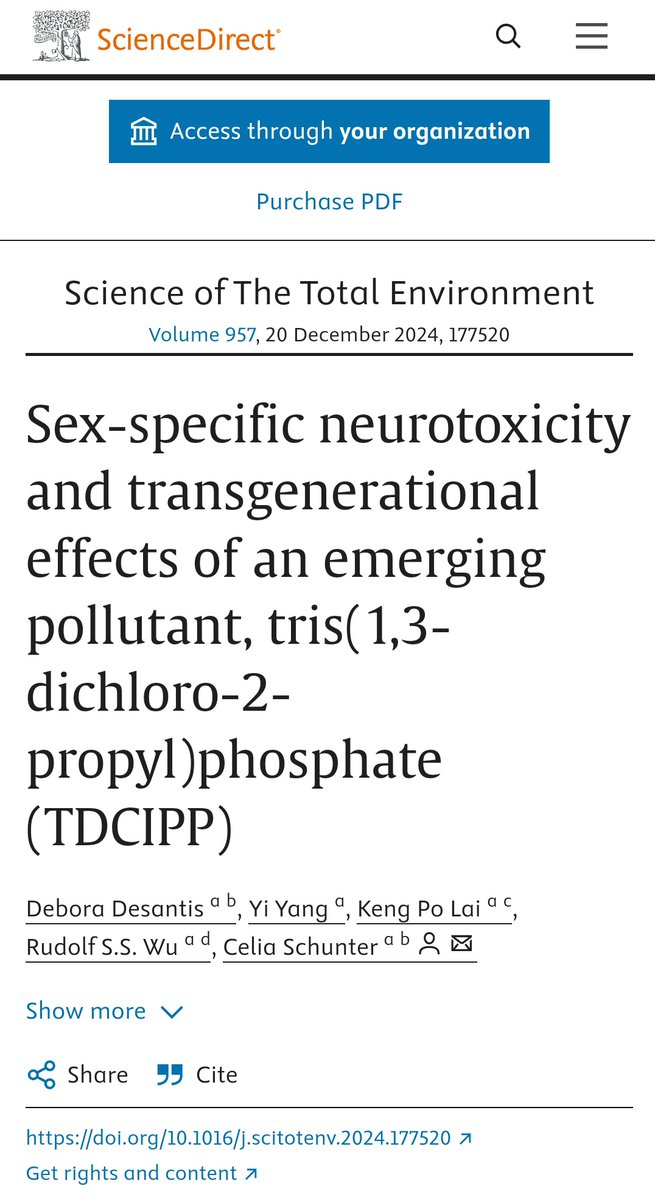



🚨JOB alert 🚨 We are looking for a technician at full time 100% and permanent position 🙌🏽 The job is in the Behavioural Physiology lab Université Neuchâtel Please see detailed description (in French) 👉🏼 recruitingapp-3040.umantis.com/Vacancies/6007… Deadline end of February

Releasing man-made #hybrids into the #wild? Probably not the best idea. Hybrid #groupers seem to occupy a new #niche. HKU School of Biological Sciences The Swire Institute of Marine Science (SWIMS) HKU Arthur Chung scienmag.com/hku-ecologists… link.springer.com/article/10.100…
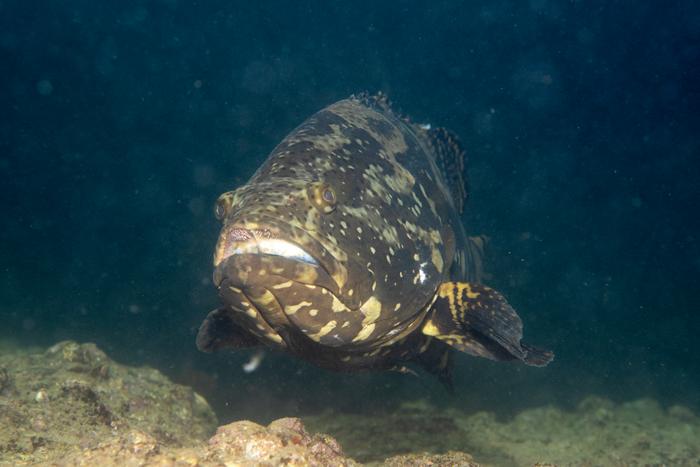

The Sabah Grouper is a popular choice for local mercy release practices. However, researchers from HKU School of Biological Sciences and The Swire Institute of Marine Science (SWIMS) HKU have found that releasing these hybrids into the wild can disrupt local ecosystems. t.ly/tK0re

🐠🧐Mystery solved: How do anemonefish avoid anemone stings? #OIST scientists have found their survival secret: ultra-low levels of a specific sugar in their skin mucus means anemones don't sting them! 🧬Read the full story here: bit.ly/4hXkULx BMC Biology


After many years of work, our paper on whether smarter fish are more reproductively success is finally out. Congrats to Ivan Vinogradov Rebecca Fox , Claudia Fichtel & Peter Kappeler. nature.com/articles/s4155…


